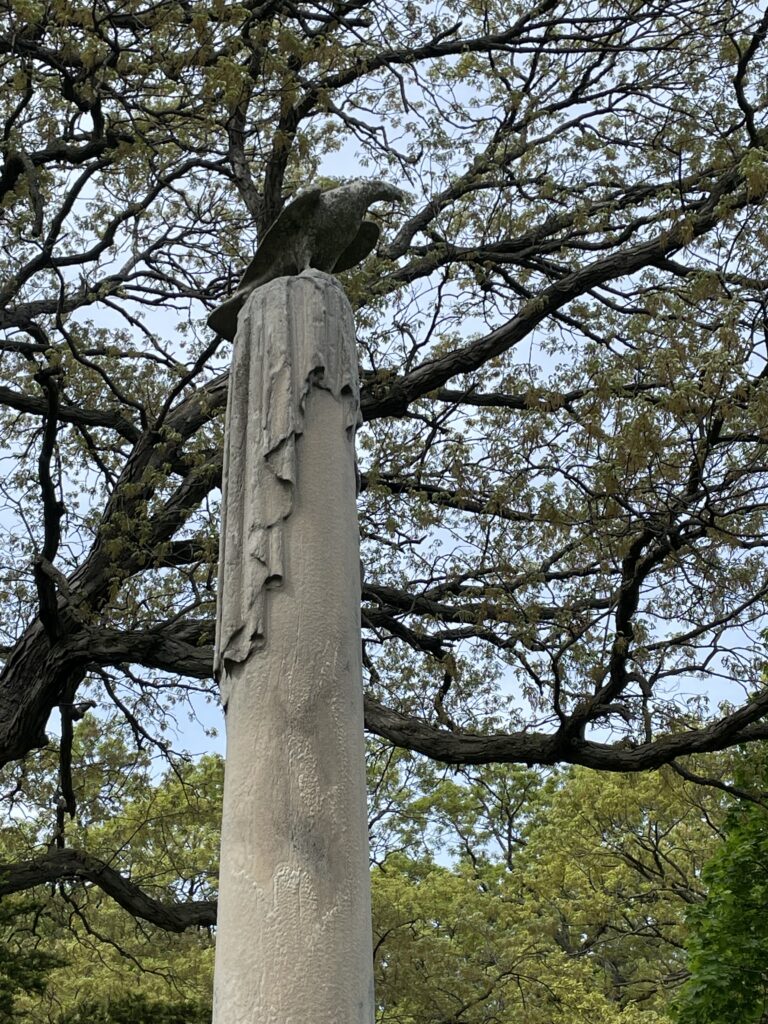Cemetery Statues and Regulations
Cemetery laws and regulations govern the management, maintenance, and use of cemeteries, ensuring proper burial practices and protecting the rights of families, plot owners, and the deceased. These laws address issues such as burial procedures, plot ownership, cemetery preservation, and the responsibilities of cemetery operators.
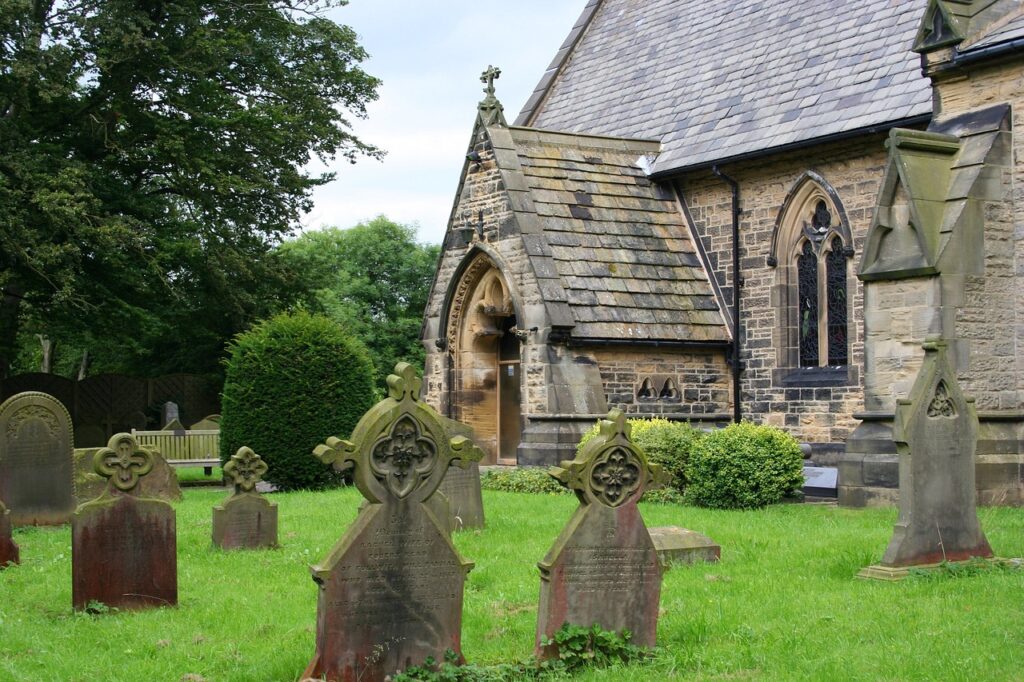
How do we recognize cemeteries?
Legal Definition
In Ohio, a cemetery extends beyond the traditional graveyard. It can include mausoleums, columbaria, and even scattering grounds for cremated remains. Whether public or private, these sites are considered cemeteries if they serve as the final resting place for six or more individuals. Ownership confers property rights, ensuring families maintain ties to their heritage, as burial lots often pass to heirs by law rather than through wills.
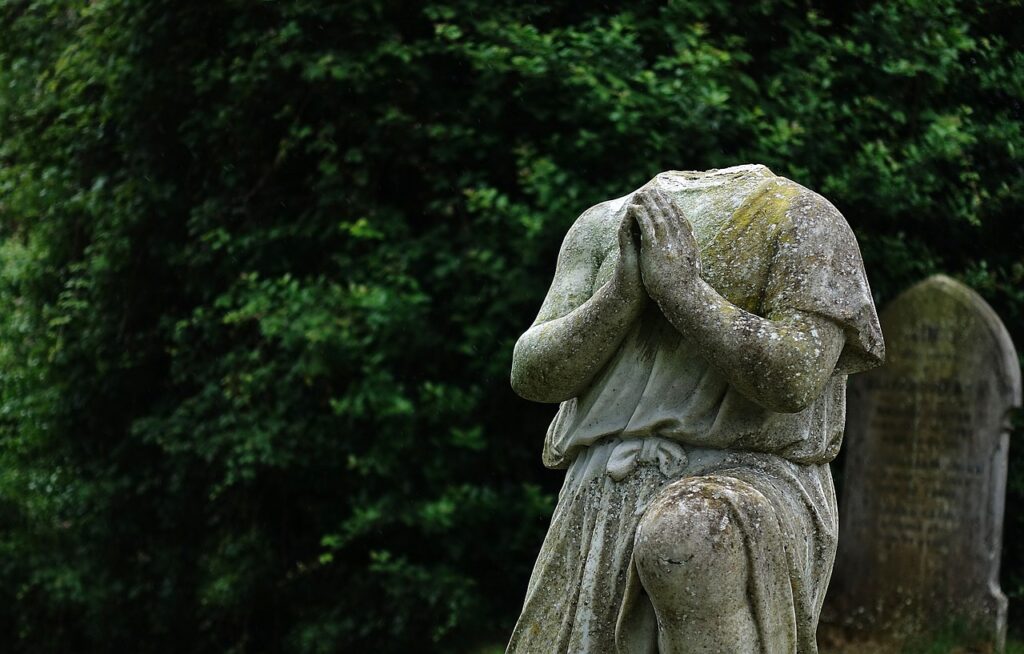
Cemetery Laws
Graveyard Vandalism
Ohio law strictly prohibits vandalism in cemeteries. Defacing tombstones or damaging any cemetery property is a fourth-degree felony offense, with penalties escalating based on the extent of harm caused. Defacing commemorative markers is considered a second-degree misdemeanor, and should be reported to your County Prosecutor.
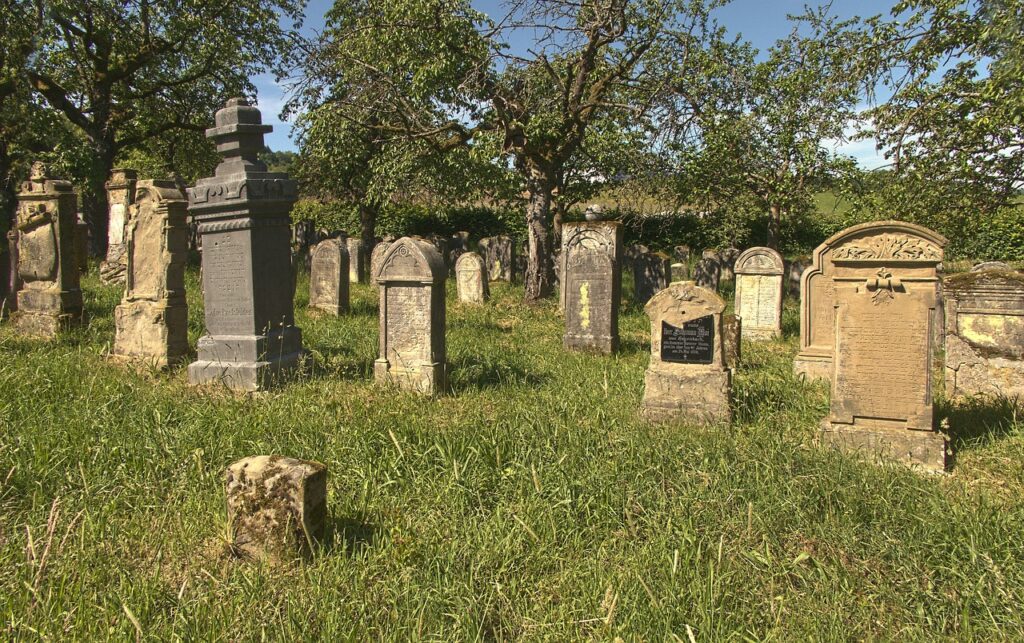
Cemetery Laws
Regulating Resting Places
The use of land for cemeteries is subject to state and local regulations, including zoning laws that designate specific areas for burial purposes. Private landowners or religious societies can establish cemeteries, though they must adhere to any governmental zoning requirements. Notably, lands used exclusively for burial are exempt from taxation, provided they are not held for profit.
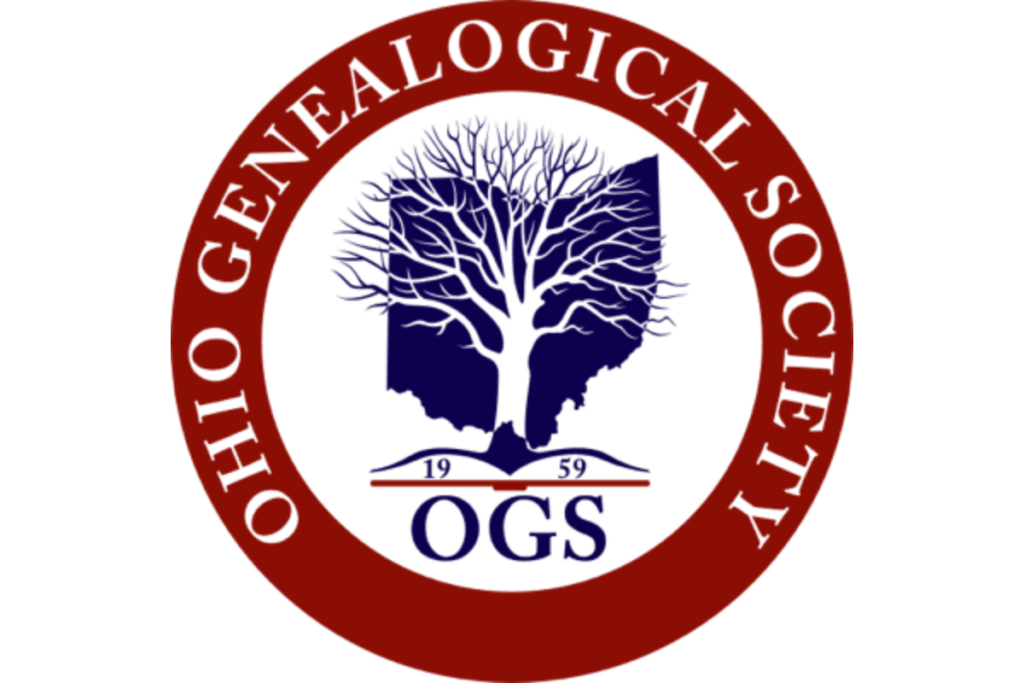
Cemetery Laws
Selected Cemetery Laws
An outline of Ohio’s cemetery laws, detailing the responsibilities of cemetery operators, the rights of lot owners, and the state’s regulations for cemetery maintenance and preservation. It also provides guidance on legal processes for addressing abandoned or neglected cemeteries, ensuring the protection and respectful management of burial sites.
Cemetery Ownership
In each area, responsibility for cemetery care falls to different entities. The Board of Township Trustees is responsible for a township. In a city, it’s the Director of Public Service. If the cemetery is in a village, responsibility goes to either the Mayor or the Board of Cemetery Trustees. For jointly owned cemeteries, both the Board of Township Trustees and the municipalities’ legislative authorities share this responsibility. For cemetery associations, the Board of Trustees oversees cemetery care.
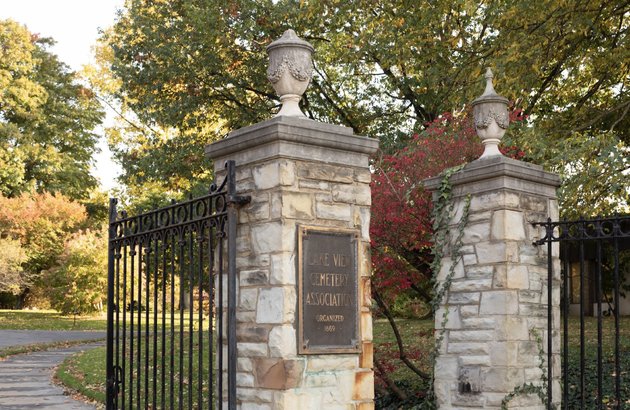



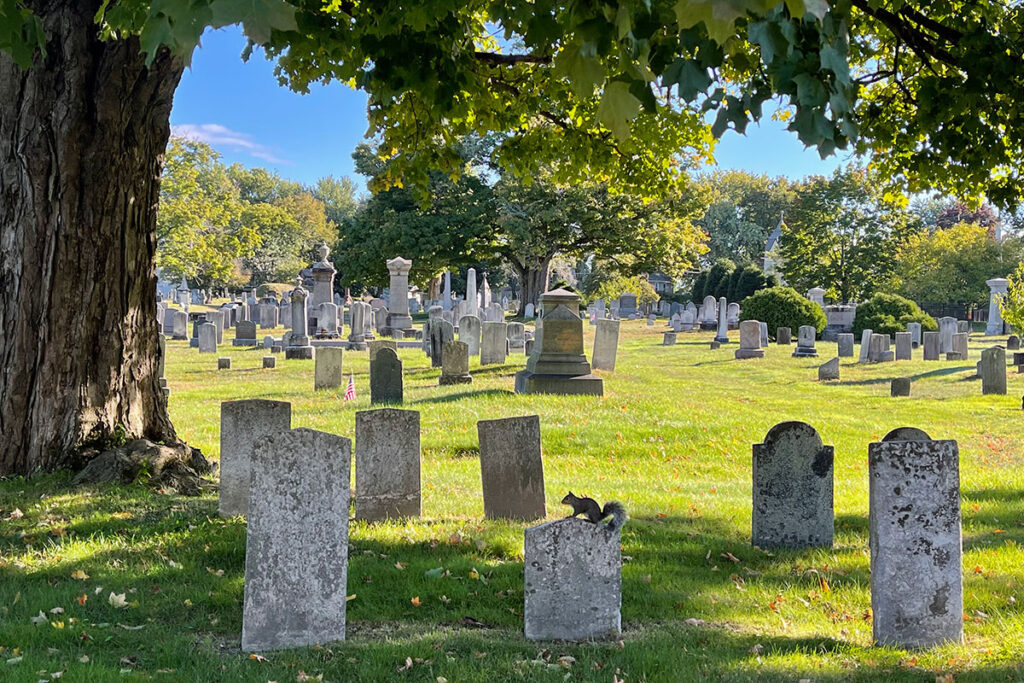
Ohio Department of Commerce
Division of Real Estate & Professional Licensing
The Ohio Department of Commerce’s Real Estate and Professional Licensing division oversees cemetery registration and compliance. Their website offers guides, forms, and resources pertinent to cemetery operations and regulations.

Various forms, reports, instructions, guidelines, and license applications are available for both industry professionals and consumers.
The complaint must relate to an activity, practice, policy, or procedure of the cemetery that may adversely affect the interest of an owner or family member of an owner of a cemetery lot.
Created to assist consumers and businesses in understanding the policies, programs, and educational material provided by the Ohio Department of Commerce’s Division of Real Estate & Professional Licensing.

